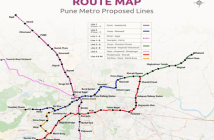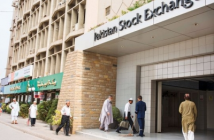In terms of gross merchandise value (GMV), mass consumers are projected to drive over 45 per cent of the $300 billion e-commerce opportunity by 2030, contributing to $135 billion in GMV, according to the report by market research firm Redseer.
As of 2022, India has 65-70 million households transacting on e-commerce platforms monthly, which is projected to go up to 120-130 million by 2030, with mass consumers contributing to over 80 per cent of the incremental transacting households.
Moreover, the report said that the mass consumers with an average annual income ranging from Rs 2.5-10 lakhs are driving the e-commerce adoption in India, making them the focus of internet players going forward.
Breaking down the cohort by demographics, the report found that 75 per cent of the mass consumers comprised of millennials and Gen-Z consumers.
While Gen-Z, who are young and independent, show purchase preference for apparel, BPC, and electronics, the value-driven independent millennials tilted towards BPC, food & grocery, and apparel.
Gen-X constituted about 13 per cent and spent a higher share on food and grocery, followed by health and wellness.
Further, the report showed that online wallet share expansion will be the key theme playing out amongst mass consumers led by their high-value consciousness across categories and the increasing use of the internet across their purchase decision-making journey.
About 70 per cent of mass consumers have increased their shopping frequency on e-commerce platforms in the last one year.
When it came to online shopping, the top three decision drivers while making purchases included prices/deals and discounts on e-commerce platforms, quality of products, and trust on the platform.
Further, the report mentioned over 60 per cent of mass consumers were open to purchasing unbranded products if they liked the quality, while 30 per cent preferred unbranded over branded products.
–IANS
shs/ksk






